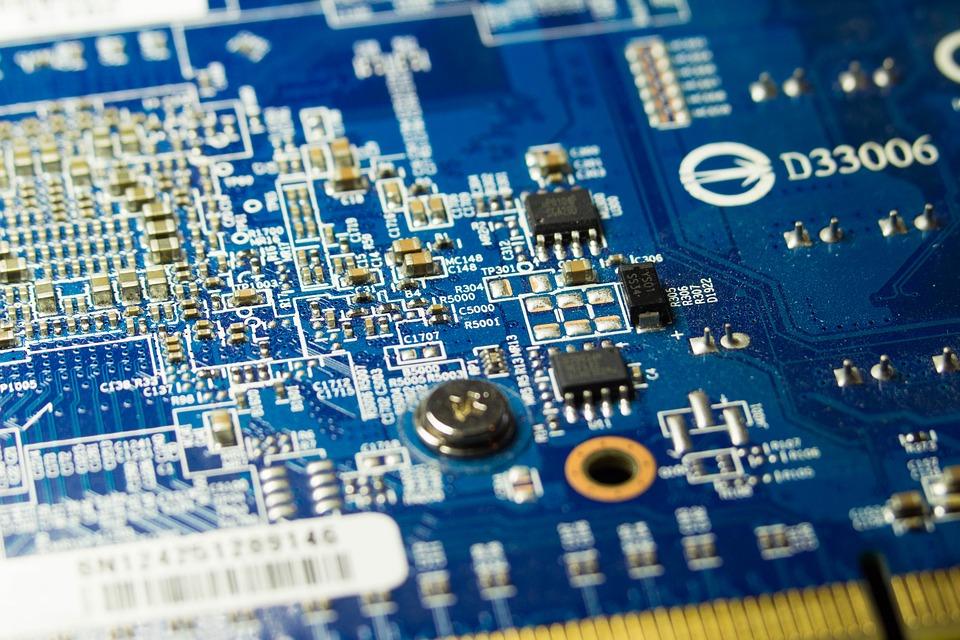
A new design for transistors which operate on ‘scavenged’ energy from their environment could form the basis for devices which function for months or years without a battery, and could be used for wearable or implantable electronics. Using a similar principle to a computer in sleep mode, the new transistor harnesses a tiny ‘leakage’ of electrical current, known as a near-off-state current, for its operations. This leak, like water dripping from a faulty tap, is a characteristic of all transistors, but this is the first time that it has been effectively captured and used functionally.
“We’re challenging conventional perception of how a transistor should be,” Professor Arokia Nathan, Department of Engineering, University of Cambridge.
“If we were to draw energy from a typical AA battery based on this design, it would last for a billion years,” said Dr Sungsik Lee, Department of Engineering, University of Cambridge.
Click here for the full details.
The Science publication is available by clicking here.
Image credit: Recklessstudios/Public Domain

